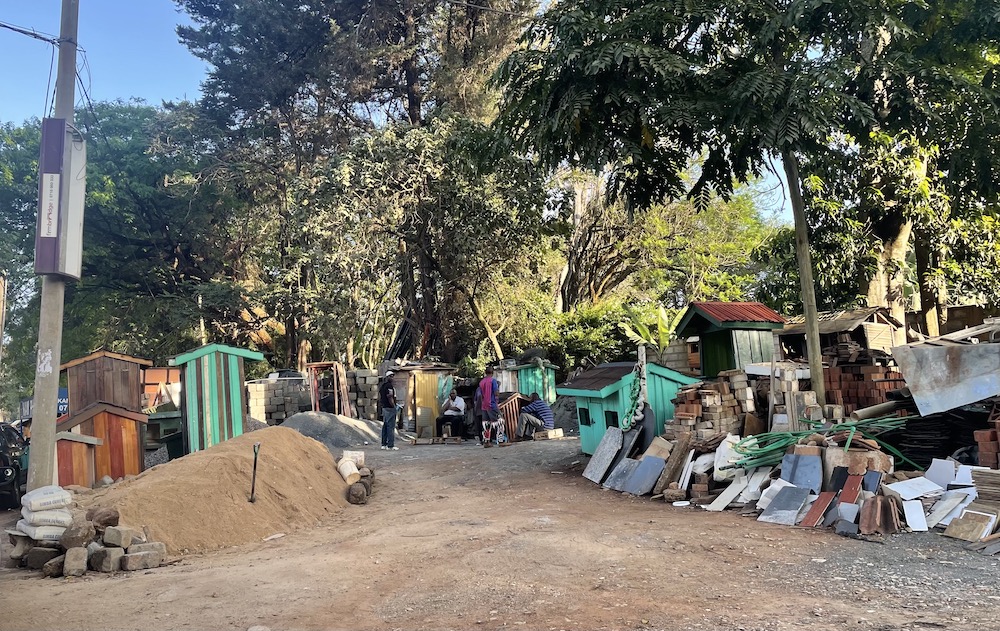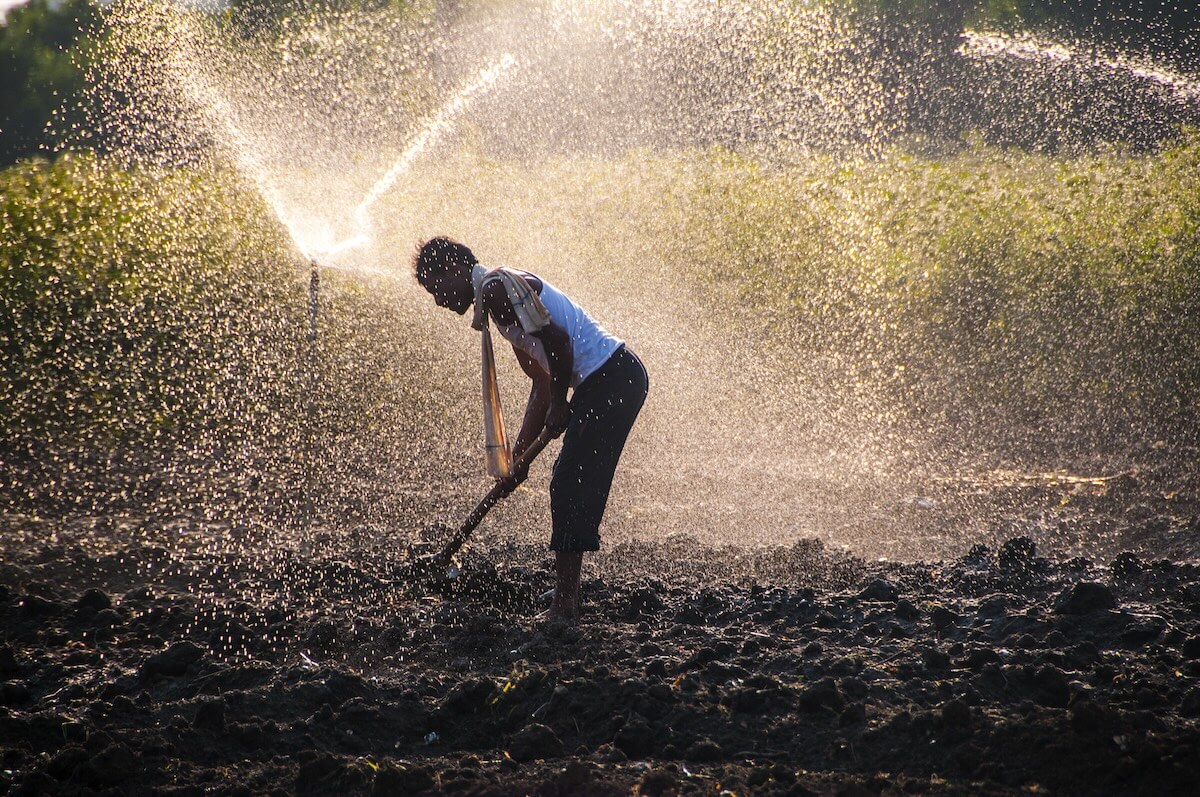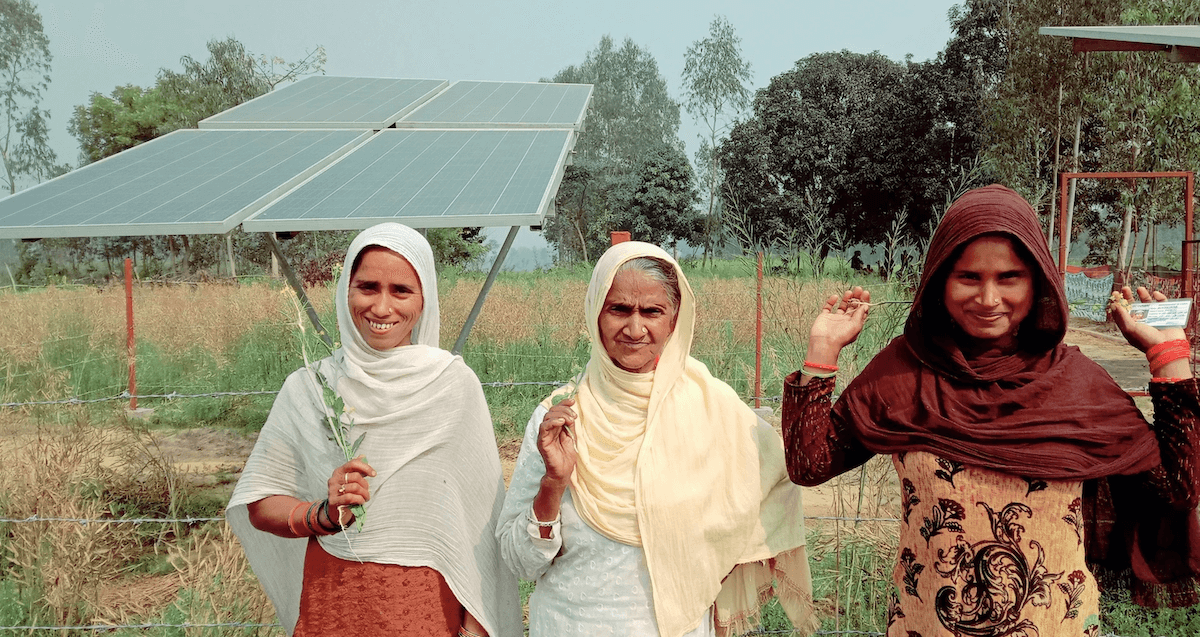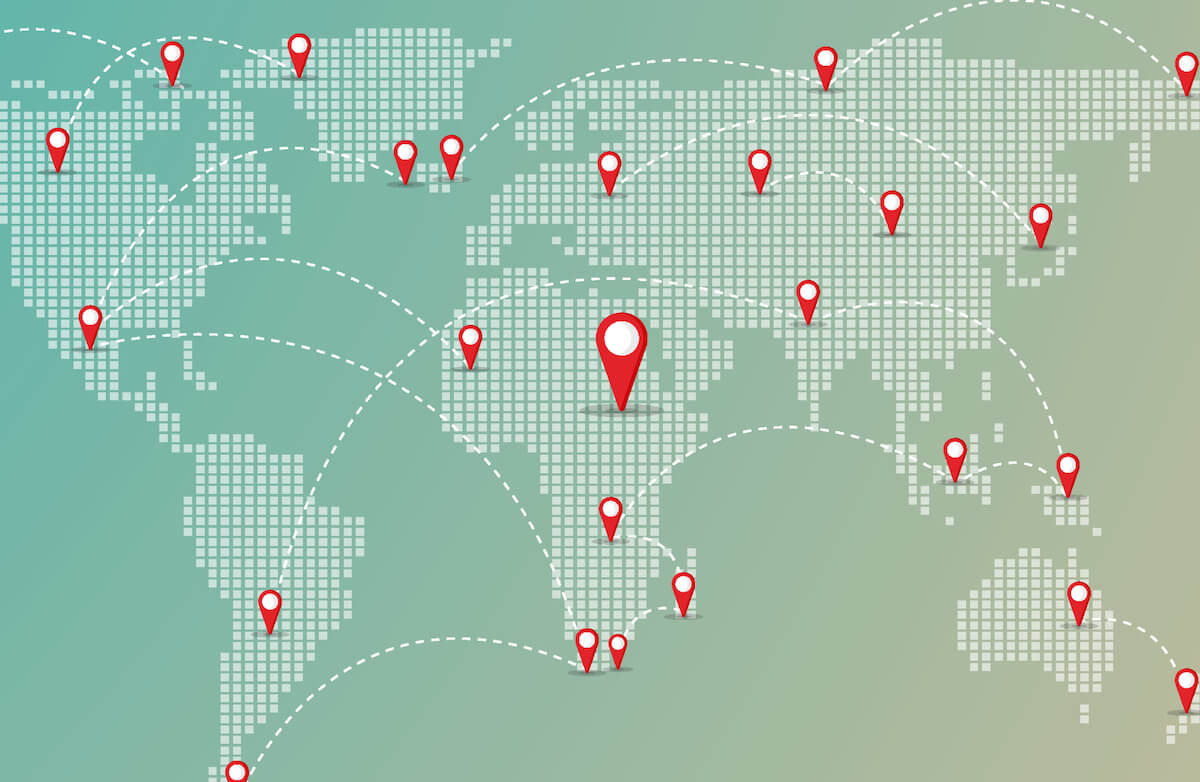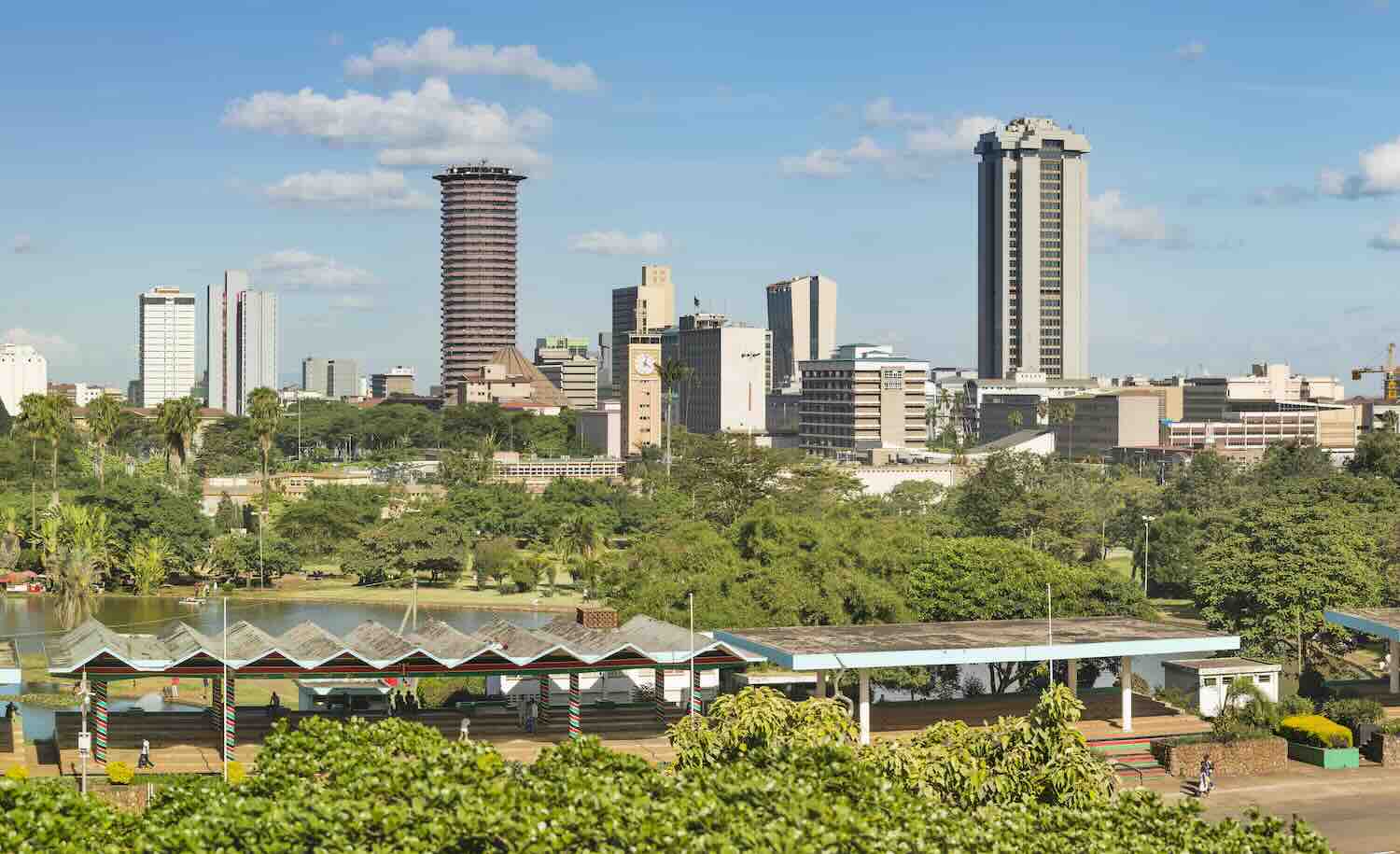ImpactAlpha, November 3 – Daily life is gradually returning to normal in Kenya 19 months into the pandemic. But businesses and jobs have not, after more than one million of Kenya’s 52 million people lost their livelihoods.
Tech Investments to support the resilience and growth for Kenya’s farmers, informal businesses and gig workers are key to a sustainable recovery, argue Kenya Markets Trust, Msingi and Gatsby Africa in Horizon Kenya, which identified startups that highlight “the potential of digital innovations to accelerate job creation and raise agricultural incomes.”
Apollo Agriculture is using remote sensing and mobile phones to deliver inputs, advice and finance to smallholder farmers. BitPesa is facilitating low-cost cross-border payments. Lynk is boosting tradespeople’s power to negotiate better wages.
Informal workforce
The informal economy accounted for more than 83% of jobs in Kenya even before the pandemic. In Nairobi, major arteries are packed with informal roadside businesses, selling everything from vegetables to garden plants, baskets to handmade furniture. Ride-hailing apps, delivery services and telehealth are improving job quality and wages for Kenya’s gig workers.
But such platforms touch only a sliver of Kenya’s informal workforce—about 37,000 workers generating $109 million annually. Offline gig workers account for $19.6 billion in annual economic contribution, Horizon Kenya finds.
Because two-thirds of Kenya’s workforce depends on the agriculture sector, “raising agricultural productivity in particular will need to be part of the solution” to speeding a sustainable recovery, the report authors write,” as the majority of Kenyans living in rural areas work in low productivity subsistence agriculture.”
Safaricom off-shoot DigiFarm is enabling access to finance, inputs and farm insights for smallholder farmers. Farmers Pride connects farmers with reputable agricultural suppliers. iProcure is providing last-mile distribution services from farm to consumer. Companies like Twiga Foods are proving commercial viability for B2B agtech solutions in particular by attracting support from corporates.
Also key to the recovery: climate-focused agtech, like accessible and affordable irrigation. “Changing temperatures and poor land management practices are resulting in widespread soil erosion and nutrient loss, desertification, biodiversity loss, and water scarcity,” states the report.
Technologies and other solutions that help decouple Kenya’s economy from rainfall variability alone could increase GDP by 2.4% annually.
Responsible fintech
Safaricom’s 13-year-old M-Pesa mobile money platform is ubiquitous in Kenya. “However, while mobile money is formalizing loan practices in Kenya, there is an emerging trend of individuals facing digital debt stress, illustrating the need for greater regulation of the market,” the report warns (see, “Investors called to account for fintech lending practices as debt-traps emerge“). Indeed, 65% of Kenyans risk defaulting on loans because of pandemic-related economic stress.
The rapid growth of enterprise tech startups, like B2B marketplace MarketForce and inventory logistics provider Sokowatch, are giving offline mom-and-pop retailers a digital upgrade and pathway to formal financial services based on their livelihoods.

